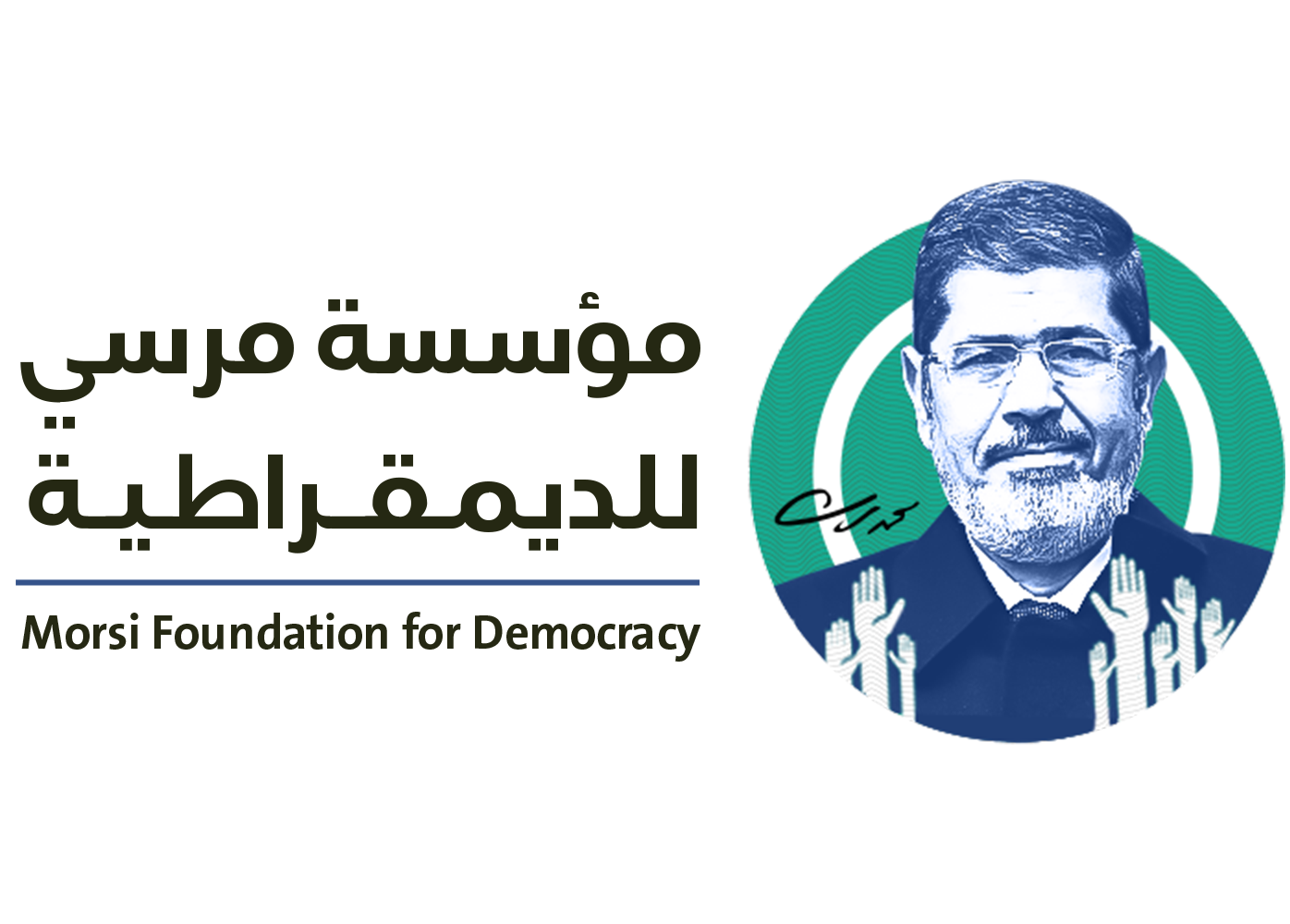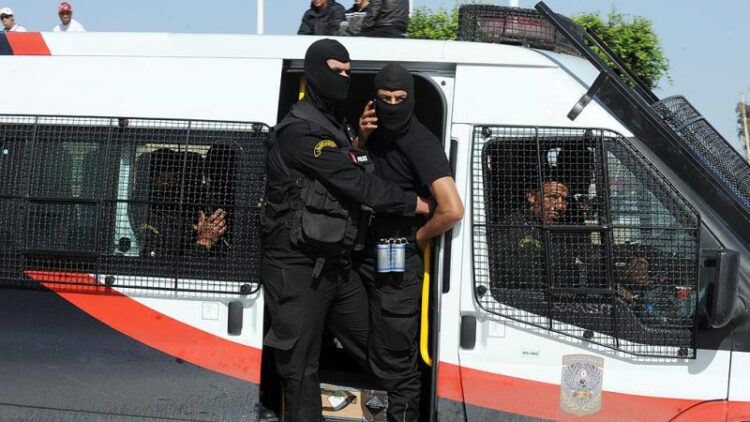Coordinated arrests of political and media figures represent a new phase in Tunisian President Kais Saied’s struggle with a fragmented but emboldened opposition, raising fears of a wider campaign to quell dissent.
Since Saied shut down parliament 18 months ago, moving to rule by decree before rewriting the constitution, security forces had moved only sporadically against opponents who accuse him of an undemocratic coup.
Saied has denied a coup, saying his actions were legal and necessary to save Tunisia from chaos. He promised to uphold rights and freedoms won in the 2011 revolution that brought democracy.
However, the wave of arrests since Saturday represents a tough new move against his critics and an escalation from the campaign of pressure that has built over recent months with travel bans and investigations.
Police have detained opposition politicians, an influential businessman, the head of Tunisia’s most important independent news outlet, two judges and an official from the powerful labour union.
While authorities have not yet commented on the arrests, lawyers for some of those detained have said they were accused of conspiring against state security.
A lawyer for Noureddine Boutar, the head of Tunisia’s main independent news outlet Mosaique FM, said he had been questioned about his radio station’s financing and editorial policy, including how it chose guests.
“What happened is dangerous… The authorities’ message to journalists who do not enter a state of obedience is that this will be your fate,” said Mahdi Jlassi, head of Tunisia’s journalists’ syndicate.
The arrests come at a sticky moment for Saied.
An ultra-low turnout of 11% in elections for a parliament that is part of his new political system was ridiculed by the opposition as evidence that the president’s changes lack popular support.
The powerful UGTT labour union has threatened direct action against Saied over his economic plans, his rejection of its proposals for a political dialogue and last month’s arrest of one of its senior officials.



